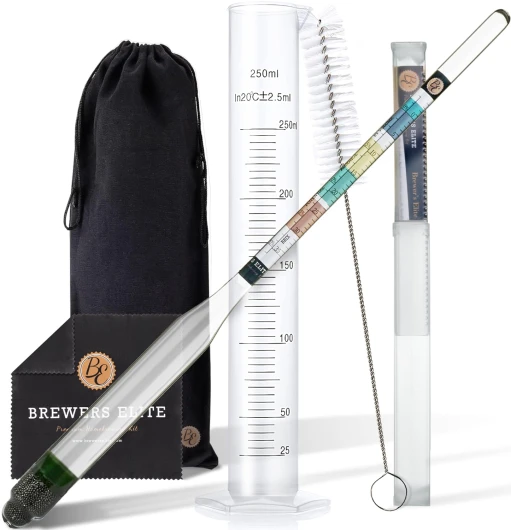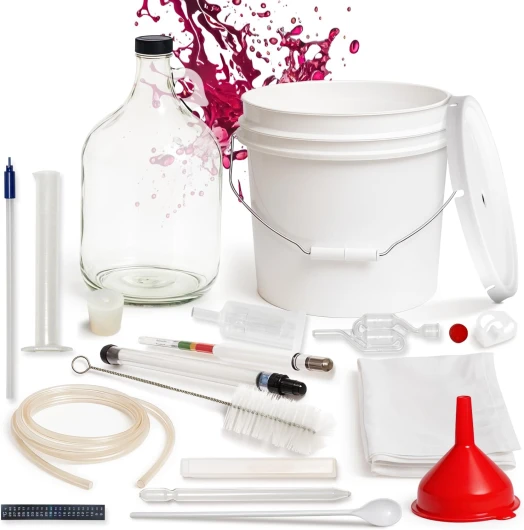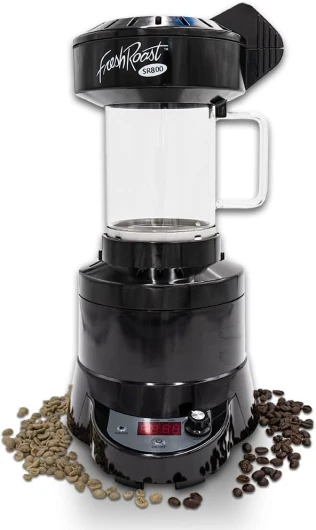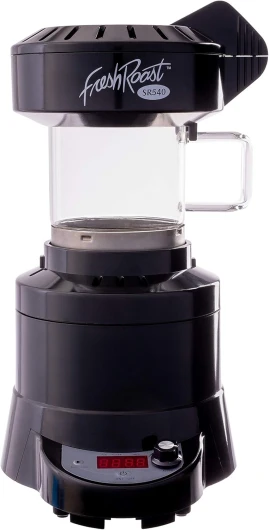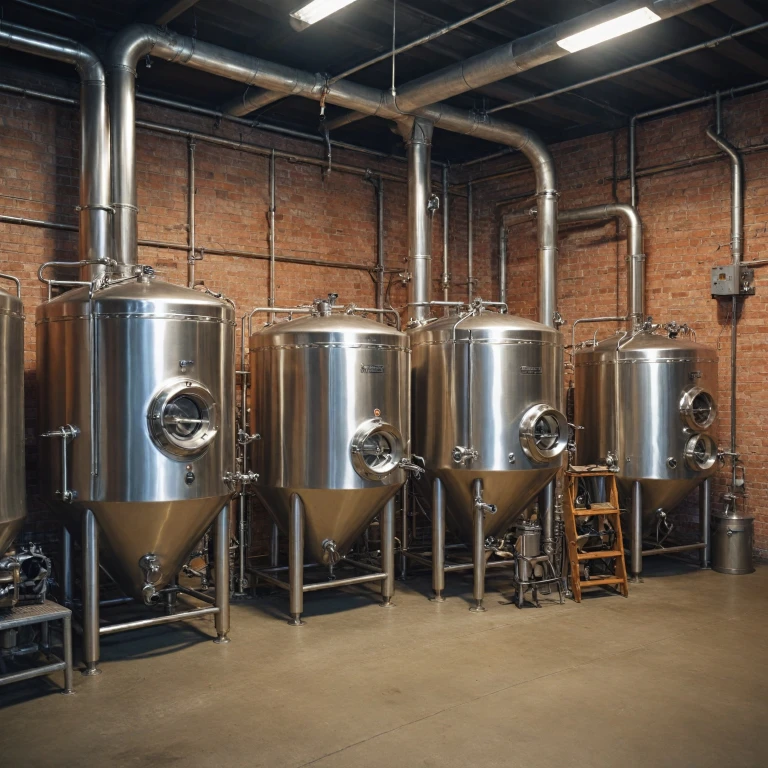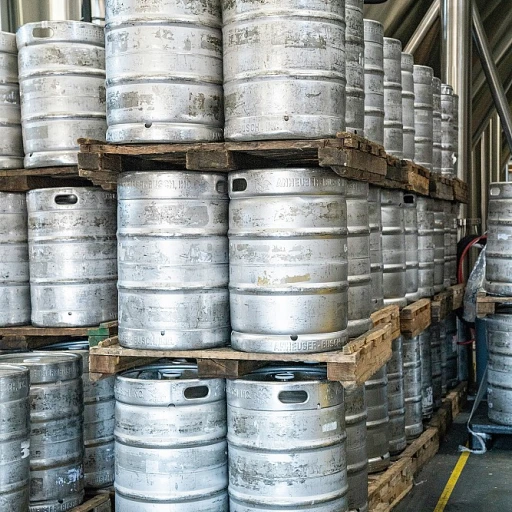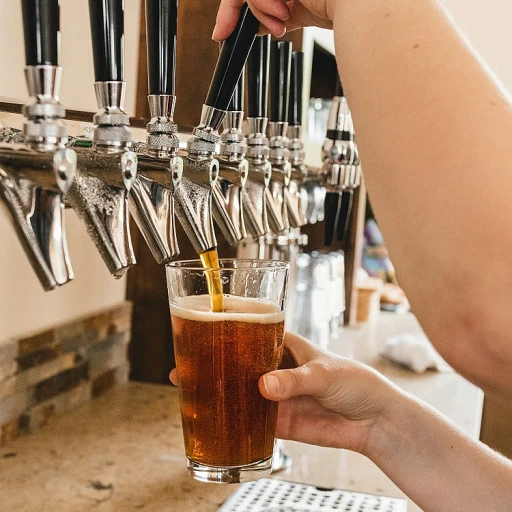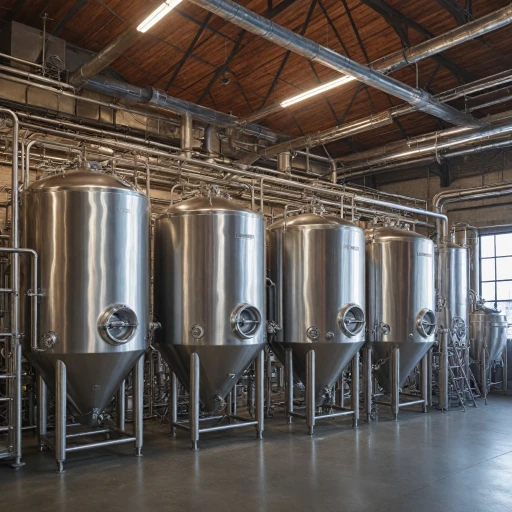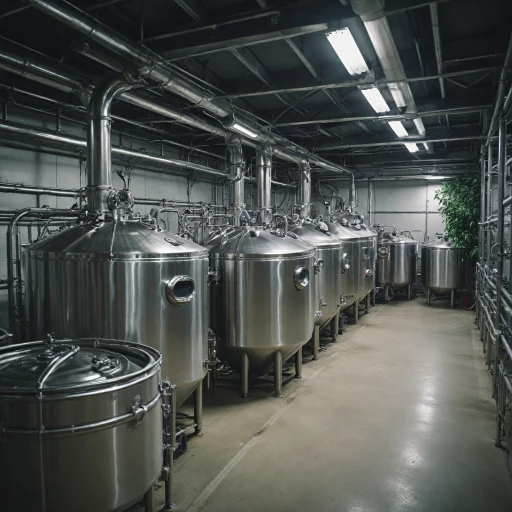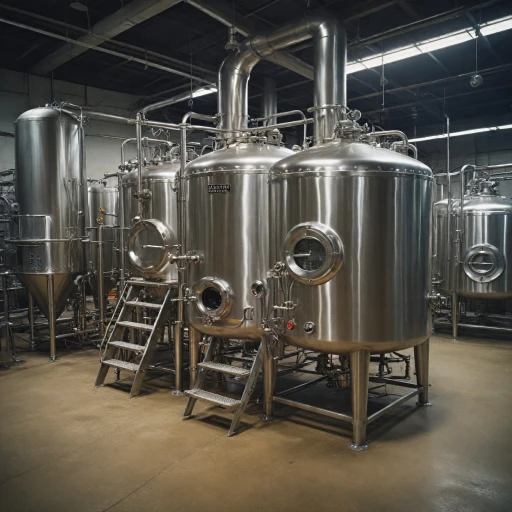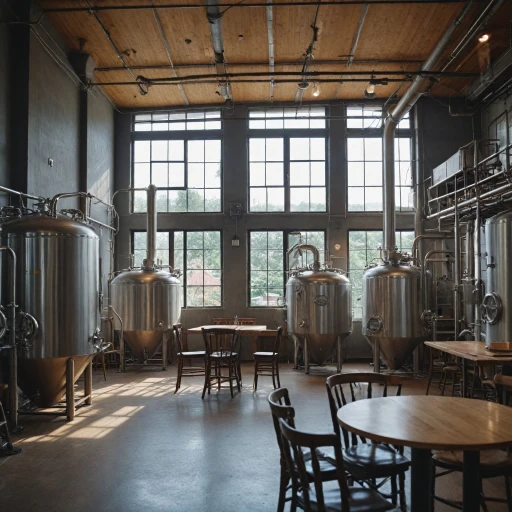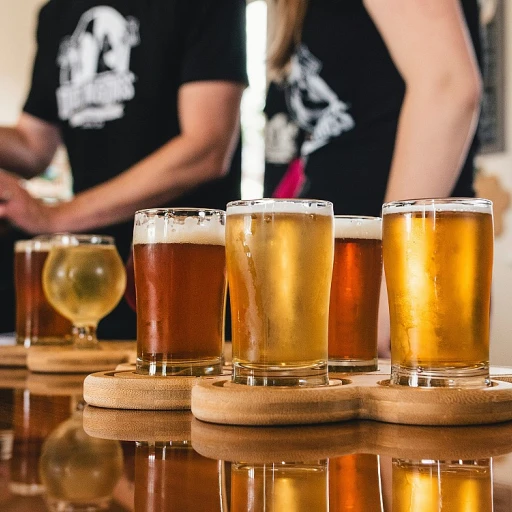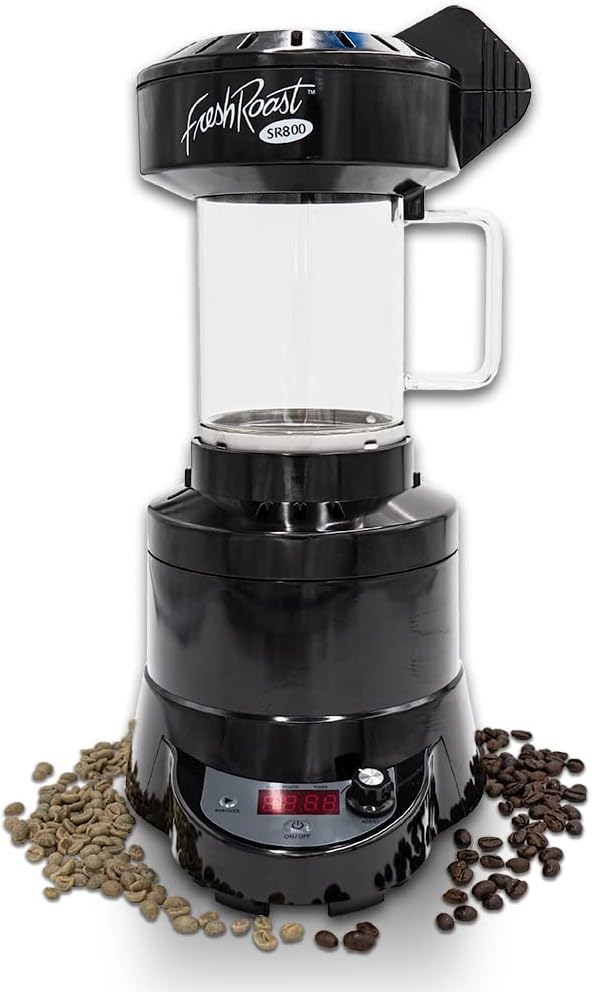
Why Choose Pre-Owned Brewing Equipment?
Advantages of opting for second-hand brewing apparatus
Choosing pre-owned brewing equipment brings a plethora of benefits that can significantly impact your brewery's operations and bottom line. Whether you are an emerging microbrewery or an established name, these perks can offer the versatility and savings needed to thrive in the competitive beer industry. First and foremost, the primary driver for opting for pre-owned equipment is cost savings. Purchasing new apparatus can be prohibitively expensive, especially for startups looking to minimize initial investments. Conversely, quality used equipment often comes at a fraction of the price, allowing brewers to allocate funds to other vital aspects of their business, such as marketing or enhanced sales strategies. Furthermore, buying second-hand opens the door to established networks and support from previous owners. Many experienced brewers purchase pre-owned as they transition to larger, more sophisticated equipment, leaving behind well-maintained machines. This not only provides a bounty of insight into equipment maintenance and operation but often includes upgrades that previous owners have made. Lastly, choosing pre-owned brewing gear promotes sustainability within the industry. By reusing equipment, breweries contribute to reducing waste and extending the lifecycle of valuable machinery, fostering an environmentally conscious ethos which resonates with today's eco-aware consumers. To dive deeper into how strategic sales methodologies and marketing initiatives complement the use of pre-owned machinery, explore our blog on boosting brewer sales.Types of Used Brewing Equipment Available
Common Choices in Pre-Owned Brewing Equipment
Setting up a brewery can be both an exciting and daunting task. For many brewers, opting for pre-owned brewing equipment presents an economical solution to high start-up costs. Below are some commonly sought-after pieces of used equipment that you might consider for your bustling brewery:
- Brew Kettles: The workhorses of the brewing process, brew kettles are available in various sizes and configurations. Whether you're looking to increase your batch size or upgrade to stainless steel, used kettles can be a reliable and cost-effective choice.
- Fermenters: One of the most critical components of your setup, fermenters are where the magic happens. Used fermenting vessels, often made of stainless steel or plastic, come in many shapes and sizes, suitable for different scales and styles of brewing.
- Bottling and Canning Equipment: If you're aiming to distribute your beer, investing in pre-owned bottling or canning lines could be an efficient way to start. Check for models that fit your production scale and packaging needs.
- Refrigeration Units: Proper cooling is essential for preserving flavor and ensuring consistency. Used refrigeration systems, like walk-in coolers or glycol chillers, can help maintain the required temperatures throughout the brewing process at a lower investment.
- Filtration Systems: To achieve a crisp, clear beer, filtration is often necessary. Pre-owned systems can quickly and cost-effectively add to your operational arsenal.
As you explore these options, it’s important to weigh the benefits such equipment can bring to your brewing process. By delving into these choices, you're better equipped to assess their suitability for your needs. Learn more about perfecting your brew with this expert guide on creamy ales, which could be the next step in your brewing journey.
How to Evaluate the Condition of Used Equipment
Assessing the Quality of Previously Owned Brewing Tools
When diving into the world of pre-owned brewing equipment, evaluating the condition of the gear is crucial. Here are some essential steps to ensure you're making a wise investment:
- Understand the Equipment’s History: Ask the seller about previous usage, maintenance schedules, and any repairs that may have been conducted. A well-documented history can provide insights into how well the equipment has been maintained.
- Inspect for Wear and Tear: Physically inspecting the equipment allows you to spot visible signs of damage, rust, or corrosion, which could affect performance. Pay special attention to crucial components such as seals, valves, and joints.
- Check Compatibility: Ensure that the equipment is compatible with your current set-up in terms of size, capacity, and connections. It's important to avoid purchasing equipment that may require extensive modifications.
- Investigate Functionality: Whenever possible, test the equipment to ensure it operates as expected. For those unfamiliar with the technical details of beer packing, it might be helpful to refer to resources such as mastering the art of beer packing.
In addition to these tips, partnering with a professional during the evaluation can provide an expert opinion and perhaps uncover any hidden issues. Overall, thorough assessment ensures that pre-owned brewing tools can seamlessly integrate with your brewing process.
Where to Find Reliable Used Brewing Equipment
Finding Your Trusted Source for Pre-Owned Equipment
Purchasing pre-owned brewing equipment can be an economical and efficient option for many brewers. However, identifying reliable sources can significantly impact your investment. Here are some suggestions to help you navigate the market with confidence:- Networking with Fellow Brewers: In the vibrant world of brewing, personal connections are invaluable. Tap into your network of fellow brewers for recommendations. They might have insights or know of brewing equipment that's up for sale due to upgrades or closures.
- Specialized Online Marketplaces: Several online platforms specialize in brewing equipment, offering comprehensive listings. These websites often have customer reviews and seller ratings, giving you a sense of the seller's credibility.
- Equipment Dealers: Some companies specialize in selling used brewing equipment. They often offer warranties or service agreements, providing added reassurance to buyers.
- Industry Events and Trade Shows: Attend brewing events or trade shows where vendors showcase equipment. This is a great opportunity to see the equipment firsthand and establish connections with reputable sellers.
Success Stories: Breweries Thriving with Pre-Owned Equipment
Brewery Success Stories with Pre-Owned Equipment
The choice to use pre-owned brewing equipment has proven to be a game-changer for several breweries around the globe. These success stories serve as a testament to the potential advantages of going the pre-owned route.
Take, for example, a small family-owned brewery that navigated the challenging initial stages of setup by opting for high-quality used fermenters and tanks. This strategic move allowed them to cut down initial costs significantly, which they then reinvested into perfecting their brew recipes and enhancing their marketing strategies. Within a short span of time, they transformed from a small local favorite to an award-winning regional brewery.
Another inspiring case is a microbrewery that identified the opportunity to upgrade their efficiency by purchasing second-hand, yet state-of-the-art, bottling and labeling equipment. The improved efficiency enabled them to expand their distribution reach without having to compromise on their handcrafted quality. Their choice to invest in pre-owned equipment ultimately led to a considerable increase in production capacity and a broader audience for their unique beers.
Furthermore, startups in niche markets have found pre-owned brewing equipment particularly beneficial. A craft brewery specializing in seasonal ales and limited edition brews embraced second-hand keg washers and cooling systems to manage their fluctuating production demands effectively. This approach not only helped them maintain a competitive edge but also fostered a sustainable business practice.
These stories underscore the robust advantages that pre-owned equipment can deliver in terms of cost-savings, efficiency, and rapid scaling. As these breweries demonstrate, with careful evaluation of equipment condition and sourcing reliable suppliers, pre-owned brewing tools can indeed help breweries thrive, leading to significant success and growth in the beer industry.

